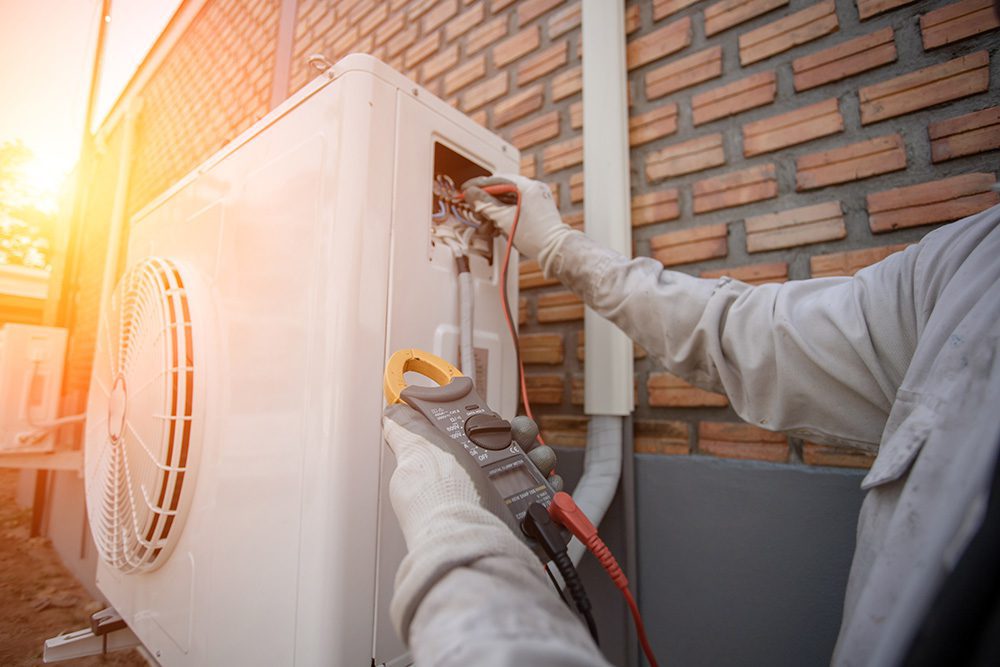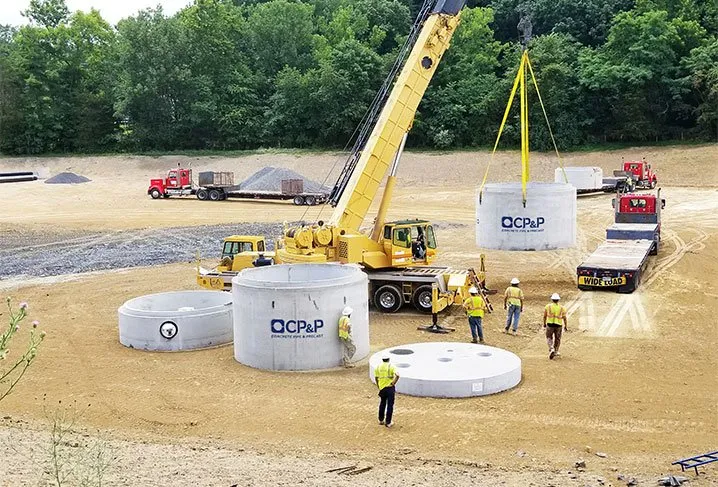Winters in Canada can be long and harsh, and summers bring their heat challenges. That’s why more homeowners are considering heat pumps—a system that can handle both heating and cooling in one. If you’re thinking about installing one in your home, you probably have many questions. Is it right for your climate? Will it lower your energy bills? These are all smart things to ask before making a decision.
Many people in Canada are switching to heat pumps not just for comfort but also to save money and reduce their environmental impact. However, to make the most of it, you must understand how to choose the right system and prepare your home. This guide aims to help you feel confident and informed about heat pumps, even if it’s your first time. Connect with trusted Heat Pump Installation Vancouver experts to get personalized guidance, choose the right system, and ensure a smooth, worry-free installation for your home.
In this blog, we will explore everything you need to know before installing a heat pump and how to choose the right one for your Canadian home.
What is a Heat Pump?
A heat pump is a versatile system that can both heat and cool your home. It transfers heat from one place to another, making it energy-efficient and environmentally friendly. In contrast to conventional heating systems, a heat pump does not create heat; instead, it transfers heat from the outside (even in frigid conditions) into your home. Key points about heat pumps:
- Heating and Cooling: They work year-round, keeping your home comfortable in any season.
- Energy efficiency: They use less electricity than traditional heating systems.
- Environmentally Friendly: They have a lower carbon footprint compared to other systems.
- Long Lifespan: With proper maintenance, they can last for many years.
Heat pumps are an excellent option for Canadian homeowners who want efficient and eco-friendly heating and cooling solutions.
5 Key Considerations Before Installing a Heat Pump
Before installing a heat pump, homeowners should understand a few basic but essential points. These decisions affect how well the system works, how much it costs, and how long it lasts. If you’re in Canada and thinking about switching to a heat pump, the following factors can help you make the right choice and avoid costly mistakes later.
-
Home Size and Insulation
Your home’s size plays a key role in choosing the right heat pump. A system that’s too small won’t heat or cool your space properly, while one that’s too large may use more energy than needed. Equally important is your insulation.
If your walls, attic, or windows allow heat to escape, the pump will have to work harder, raising energy bills. Proper insulation helps your home stay comfortable year-round and supports the system’s overall efficiency.
-
Climate Suitability
Canada’s cold winters make choosing a heat pump that can handle low temperatures essential. Standard systems may not work well when temperatures drop too much, especially in northern regions. Cold-climate heat pumps are made to perform in freezing conditions and are ideal for most areas in Canada.
A regular air-source system may be enough if you live in a milder part of the country. Matching the heat pump to your region’s weather ensures consistent yearly performance.
-
Installation Costs
The cost of installing a heat pump depends on a few factors, including the size of your home, the system type, and whether extra work, like duct or electrical updates, is needed. Some homes may require minor changes, while others might need more upgrades.
Prices can vary, so it’s smart to get estimates from different professionals. You should also check for government rebates, as many provinces in Canada offer incentives for energy-efficient upgrades, helping reduce the total cost.
-
Installer Experience and Certification
A well-installed heat pump runs better, lasts longer, and uses less energy. That’s why hiring someone certified and having real experience installing heat pumps is essential. An unqualified installer can make mistakes that lead to poor performance or system damage.
Ensure the professional you hire is trained, licensed, and familiar with your chosen brand. This gives you peace of mind and better results over time. If you’re looking for trusted experts with the right certification and hands-on experience, contact the Heat Pump Services Surrey team today.
-
Energy Efficiency Ratings
Not all heat pumps are created equal when it comes to saving energy. Check the SEER and HSPF ratings to see how efficient the system is for cooling and heating. A higher rating means better performance and lower utility bills.
While these models cost a bit more upfront, they often pay off in savings over the years. Choosing an energy-efficient heat pump is a smart way to stay comfortable while keeping costs low.
How to Choose the Right Heat Pump System for Installation
Choosing the right heat pump system doesn’t have to be difficult when you follow a step-by-step approach. You can choose an efficient energy-saving system by assessing your home’s needs and key factors early. This section outlines the essential considerations for your decision.
-
Determine Heating and Cooling Needs
Start by figuring out how much heating and cooling your home needs. A smaller home might need a low-capacity system, while a larger one will require more power. Think about how many rooms you want to heat or cool and how often.
You should also consider insulation and window quality, which affect indoor comfort. A professional can help calculate the right system size based on your square footage and layout to ensure it works efficiently year-round.
-
Choose the Suitable System Type
There are different types of heat pumps, each with its use. The most common are air-source heat pumps, which transfer heat between your home and the outside air. Ground-source or geothermal heat pumps use the earth’s stable temperature for better efficiency but cost more to install.
Then, there are cold-climate heat pumps designed for Canadian winters. Based on your area, energy goals, and budget, choose the type that will serve you best over time with fewer problems.
-
Evaluate Installation Space
Before selecting a heat pump, check where it will be installed. Indoor units usually go on a wall or ceiling, and outdoor units need open space with good airflow. You also need to make sure there’s enough room for regular maintenance.
Crowded or blocked areas can make the system work harder, lowering efficiency. If your home has limited space, a compact model or ductless system may be better. Always check for safety and convenience in placement.
-
Choose Between Ducted vs. Ductless Systems
Homes with existing ducts may benefit from a ducted heat pump system, which can use the current setup to distribute air. But if your home doesn’t have ducts or you’re adding heating to a new space, ductless mini-split systems are easier to install and offer flexibility.
Ductless systems also allow for different temperatures in different rooms. Think about your current home layout, future upgrades, and how much control you want over the temperature in each area.
-
Consider Future Expansion
If you plan to renovate or expand your home later, keep that in mind when choosing your heat pump. Pick a system that can be easily upgraded or connected to new units.
Some heat pumps allow for more indoor units to be added later, which is helpful if you add rooms or a basement suite. Thinking ahead can save time and money and avoid needing a completely new setup.
-
Check for Compatibility with Other Systems
Finally, check if your heat pump will work well with other systems in your home. A dual-fuel system might be a good choice if you already have a furnace or another heating method.
These systems switch between the heat pump and the furnace depending on the outside temperature. It’s also worth checking your electrical panel to ensure it supports the new system. Ensuring compatibility means your whole home runs smoothly without extra upgrades.
Final Thoughts
Installing a heat pump can be a smart way to improve comfort and save energy in your home, especially with Canada’s changing seasons. You can ensure the setup works well by understanding your heating and cooling needs, choosing the right system, and working with a certified installer. Planning ahead helps avoid costly issues and keeps your home running efficiently. Whether upgrading or installing for the first time, a little preparation goes a long way toward getting the most out of your heat pump.










